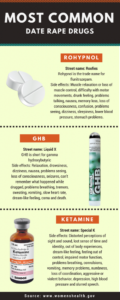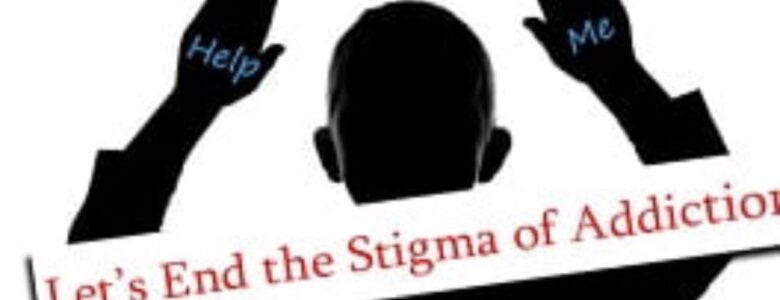Total abstinence refers to complete abstinence from alcohol, drugs or any other substances which alters one’s behaviour. The key word ‘abstinence’ might scare away a lot of people, especially those who are still in the early stages of their recovery. It is normal for both the body and mind, to feel as if you would do anything in the world, except stopping your alcohol or drug addiction.
People who drink or use excessively do this for several reasons, however those who seek out help have one problem in common, they find it hard to stop using. For a lot of people, it is not simply learning how to resist the temptation to drink or use, although this is indeed imperative, but also learning about how to manage their life, socially, psychologically and emotionally rather than rely on substance use.
Perhaps one question a lot of people ask themselves is why is total abstinence necessary? Why cannot a person have just one drink or use once?
What we know is that after someone develops addiction, which is a chronic illness, the simplest and most effective way of treating it is total abstinence. It is much easier not to use rather than to punish yourself by trying to moderate or control your use. Studies back up this idea and mention that the number one success factor when dealing with addiction, is a permanent commitment with yourself. One would be ready to take this pledge only after facing enough consequences themselves and actively decided that they want to change.
One important feature that helps total abstinence to be successful is not to commit yourself until you truly are committed on staying on the sober life journey. Moreover, the person must also acknowledge that commitment towards sobriety is not an easy endeavour and therefore, it cannot be perfect. The reality of addiction is that there could be relapses along the way. Others might not go through relapses. Commitment also refers to a certain perspective both in times of happiness and growth but also in times of trouble.
Relapses are not all doom and gloom. They could serve as life lessons for the future and are not equivalent to failure. One way to learn from relapses is to ask oneself what has made it easy for this relapse to happen. In this case, commitment has not been necessarily thrown out of the window, but rather, needs to be reset.
It also helps to analyse what will be gained from living a life of total abstinence, especially, when compared to the misery and pain, addiction will bring to one’s life.
 Imagine you are partying and you drink only so much alcohol, however you have an inclination that something is wrong. Something just doesn’t feel right. You remember that you left your drink unattended for some time. Someone might have slipped in any substance in it, and now you’re experiencing some signs that you may have been drugged.
Imagine you are partying and you drink only so much alcohol, however you have an inclination that something is wrong. Something just doesn’t feel right. You remember that you left your drink unattended for some time. Someone might have slipped in any substance in it, and now you’re experiencing some signs that you may have been drugged.










